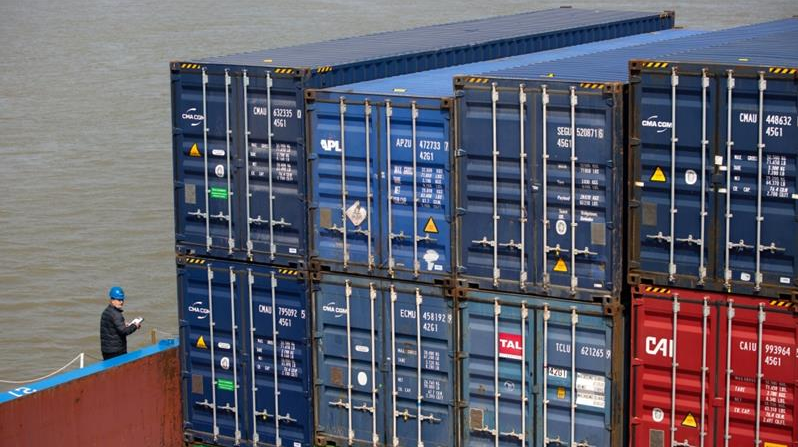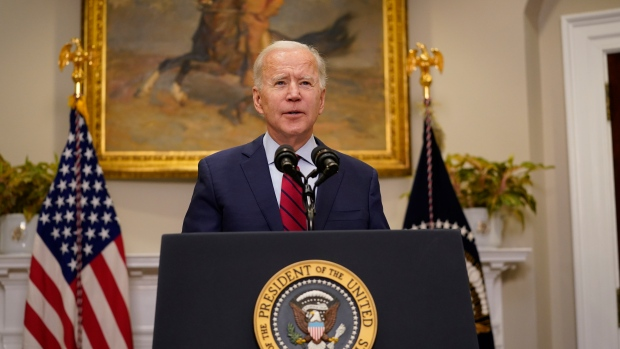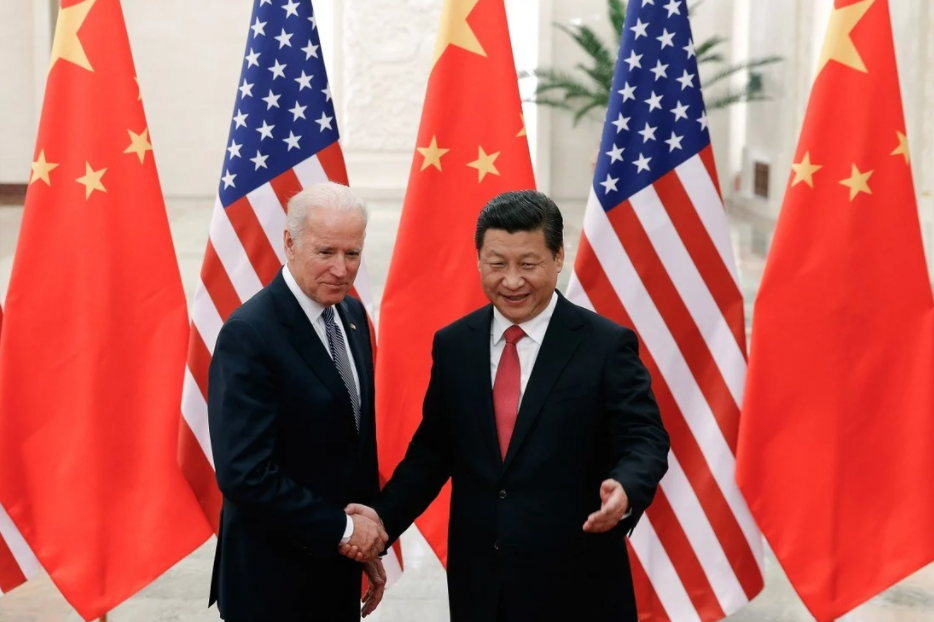U.S., China reaffirm commitment to Phase 1 trade deal helping lift global stocks and Asian currencies
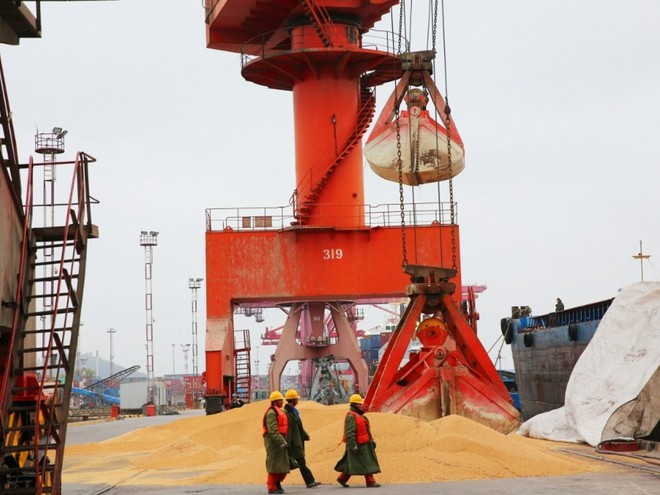 |
| Importing soybeans at a port in Jiangsu, China. Photo: AFP |
The pledge was made in a phone call between US Trade Representative Robert Lighthizer, US Treasury Secretary Steven Mnuchin and Chinese Vice-Premier Liu He – their first formal dialogue since early May. It came amid growing concerns the deal could be on shaky ground in an increasingly confrontational bilateral relationship.
The two countries discussed steps China has taken, including ensuring greater protection for intellectual property rights and removing impediments to American companies in financial services and agriculture, the U.S. Trade Representative said. Both sides agreed to create conditions to push the deal forward, according to China’s Ministry of Commerce.
"Both sides see progress and are committed to taking the steps necessary to ensure the success of the agreement," the US Trade Representative's office (USTR) said in a statement after what it described as a "regularly scheduled call".
The call was originally expected on Aug. 15, six months after the trade deal was launched.
But President Donald Trump, who has frequently expressed anger at China over the novel coronavirus pandemic, said last week he had postponed talks with China because “I don’t want to deal with them now.”
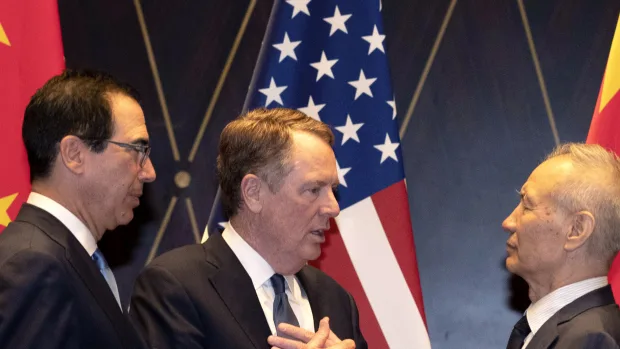 |
| Steven Mnuchin, Robert Lighthizer and Liu He pictured a year ago. Until Tuesday, there had been no formal dialogue between the three since May this year. Photo: AP |
The USTR said they “addressed steps that China has taken to effectuate structural changes” on issues including protecting intellectual property rights, removing impediments for U.S. firms in the financial services and agriculture sectors and eliminate forced technology transfers. “The parties also discussed the significant increases in purchases of U.S. products by China as well as future actions needed to implement the agreement,” it said.
News of the call helped lift global stocks and Asian currencies
“U.S.-China talks are bullish for most commodities as Trump is desperate for good news to help in the election,” said Ole Houe, director of advisory services at agriculture brokerage IKON Commodities in Sydney, according to the reuters.
“It could lead to higher demand for U.S. products.”
The call took place on the evening of the first day of the Republican National Convention, at which some speakers criticized Democratic Party nominee Joe Biden’s alleged friendliness to China.
President Donald Trump marked his official nomination for a second term with a speech that included a warning that China will “own” the U.S. if Biden wins the election in November.
Both sides had been expected to talk two weekends ago as part of a six-month review since the agreement, signed in January, took effect Feb. 15. But President Donald Trump said he canceled those plans because he’s unhappy with China over its role in the Covid-19 pandemic.
Prior to the talks, Bloomberg News reported that China would raise the issue of Washington’s recent crackdown on businesses including TikTok and WeChat. The topic was not mentioned in the statements from the two countries. TikTok on Monday asked a federal judge to block the Trump administration from enacting the ban on its app.
‘KEEP BUYING’
Chinese purchases of U.S. goods are running well behind the pace needed to meet a first year increase of $77 billion specified in the deal, according to official data.
While China has recently ramped up buying of farm goods including soybeans, it is far from meeting its commitment to buy $36.5 billion worth of U.S. agricultural goods under the deal - purchases that Trump has counted on to bolster his support in farm states that backed him in the 2016 election.
The United States exported just $7.274 billion in agricultural goods to China in the first half of the year, according to the U.S. Census Bureau.
The U.S. comments “showed that they think we are going to keep buying from the U.S., at least before the election takes place. And we will,” an agricultural goods trader with a Chinese state-owned firm told Reuters, declining to be identified as he is not authorized to speak to media.
“We are definitely going to maintain the stance to buy as much as possible, but it is really hard to say whether the targets can be reached.”
Sushant Gupta, research director at the Wood Mackenzie consultancy, said it expects China to import more American LPG, propane and ethane in the second half of this year to meet petrochemical feedstock shortages, but does not expect China to be able to increase U.S. crude imports enough to meet the Phase 1 targets.
China bought only 5% of the targeted $25.3 billion in energy products from the United States in the first half of 2020. Chinese state-owned oil firms have booked tankers to carry at least 20 million barrels of U.S. crude for August and September, said reuters.
 | The Truth About The South China Sea: A Voice From Vietnam (Part VI) As being shown in world history, unilateral use of force to materialize territorial sovereignty ambitions in disregard of international law poses a serious danger to ... |
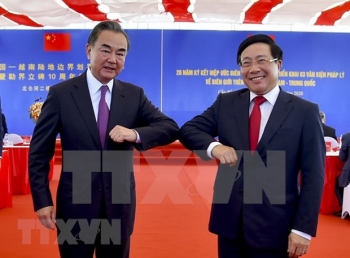 | Vietnam, China celebrate 20th anniversary of land border treaty signing Deputy Prime Minister and Foreign Minister Pham Binh Minh and Chinese State Counsellor and Foreign Minister Wang Yi on August 23 co-chaired a ceremony to ... |
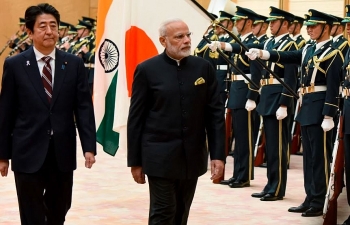 | India, Japan, Australia to boost supply chain security by reducing dependency on China India, Japan and Australia have started discussions on launching a trilateral Supply Chain Resilience Initiative (SCRI) to reduce reliance on China in future. |
Recommended
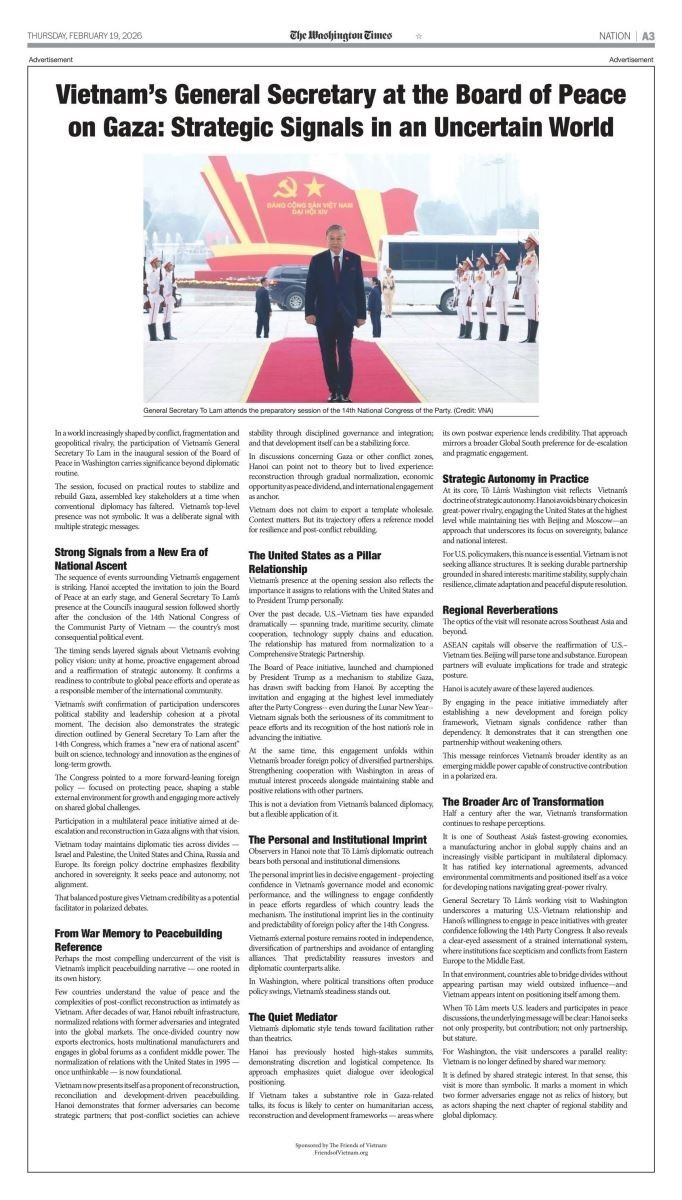 World
World
US Media Commend Vietnam’s Role in Global Peace Efforts
 World
World
Vietnam Officially Becomes Association Country of International Energy Agency (IEA)
 World
World
Key pacts signed as PM Modi hosts France's Macron for plane cooperation
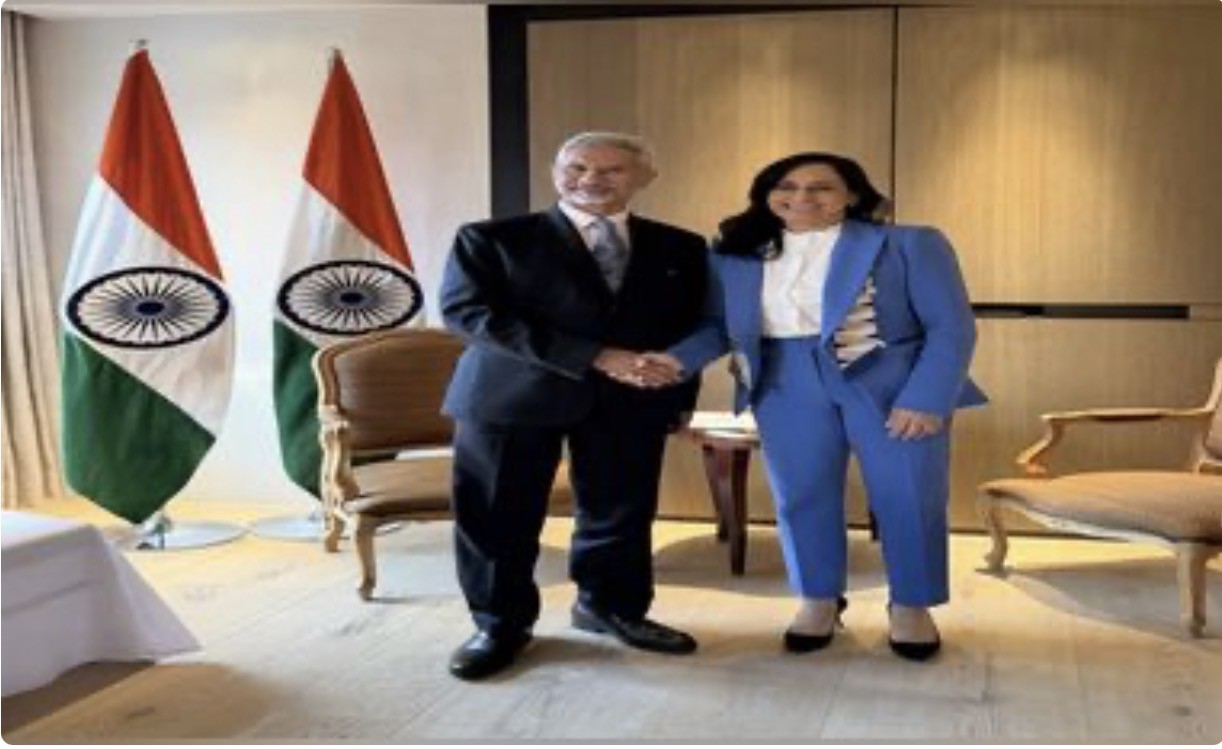 World
World
India, Canada commit to strengthening bilateral ties, discuss trade
 World
World
AI Summit India 2026 Live Updates: ‘Bringing the world together,’ PM Modi welcomes leaders as India hosts AI summit
 World
World
Safran ready to open India engine production in Rafale deal
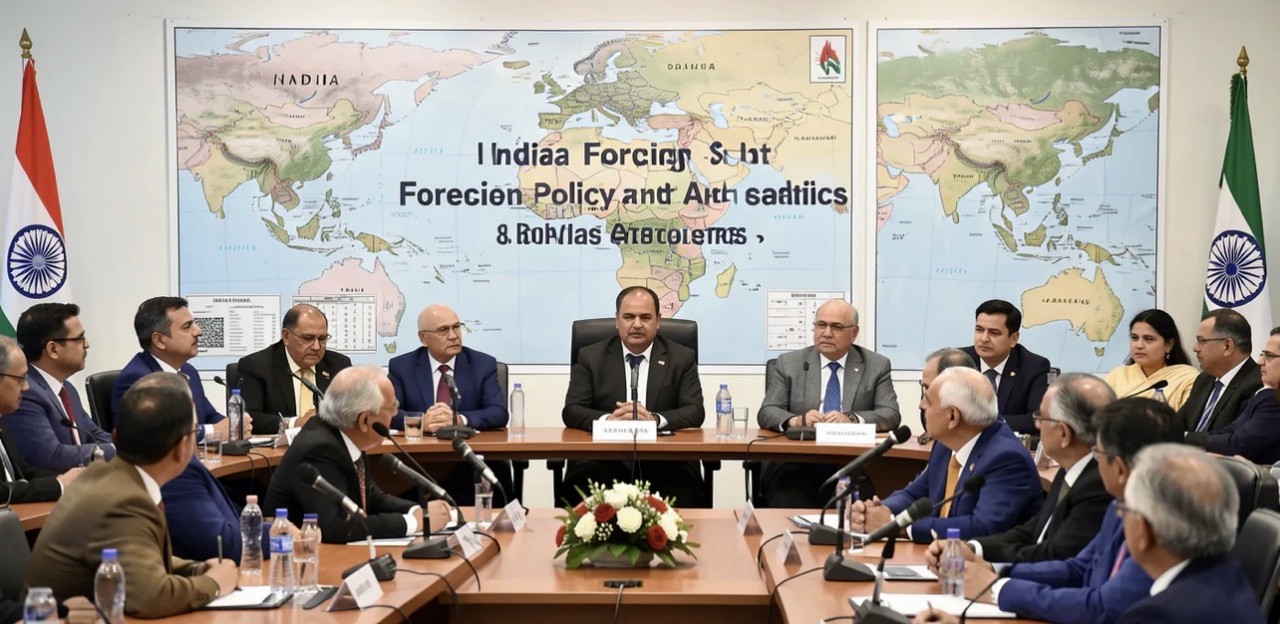 World
World
Nepal interim PM Sushila Karki thanks India for March support
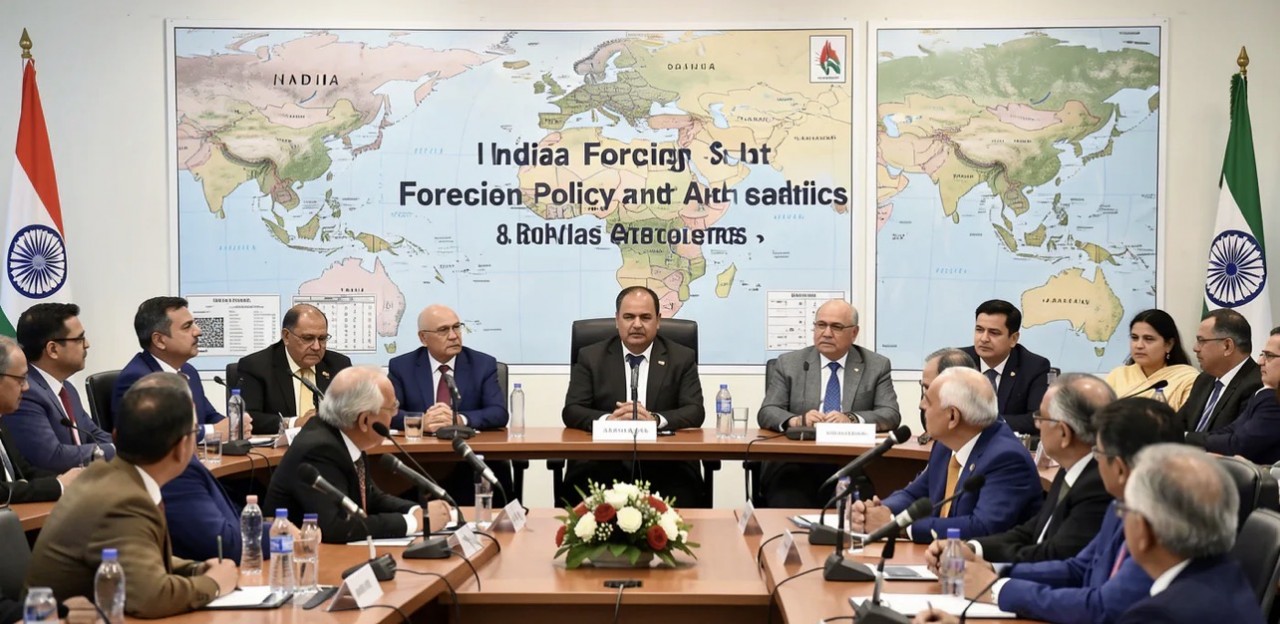 World
World


